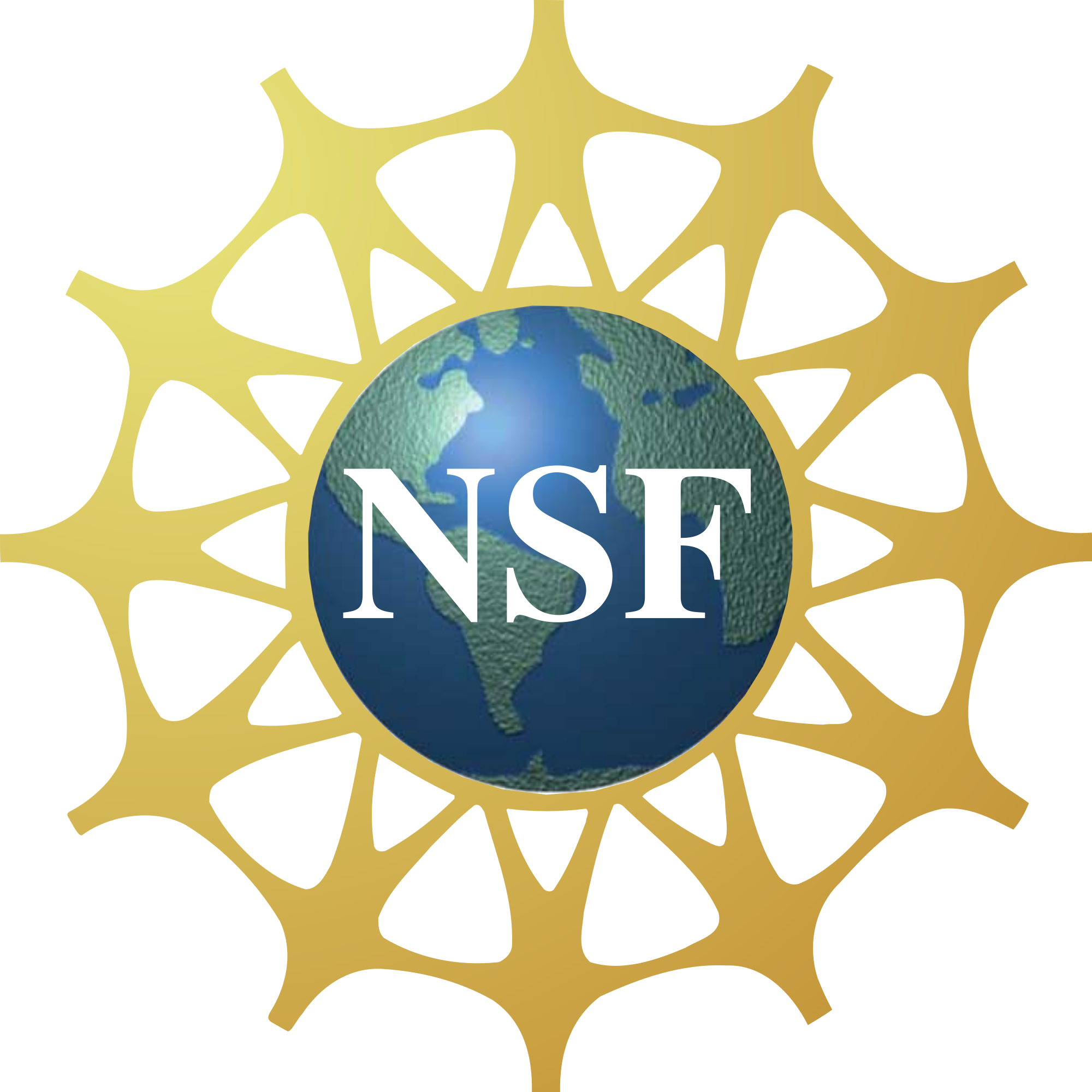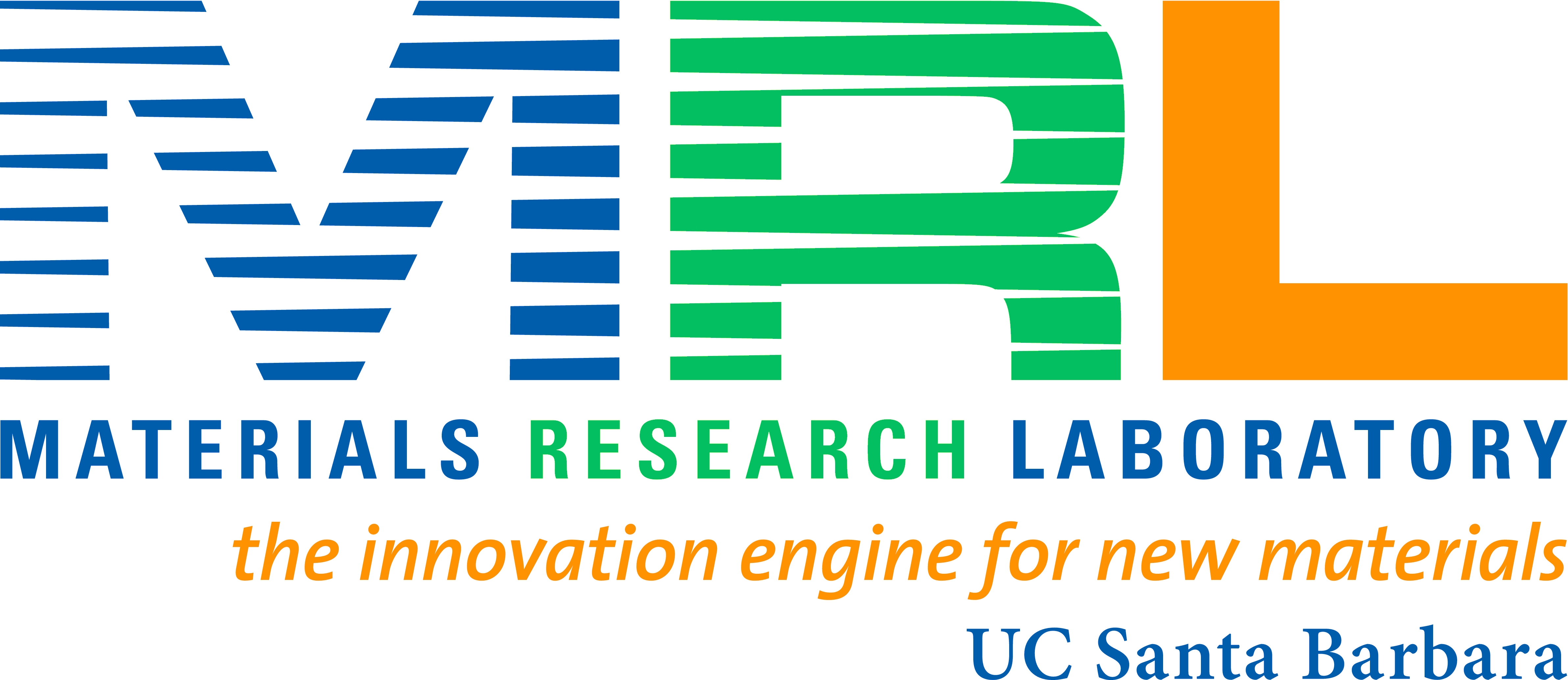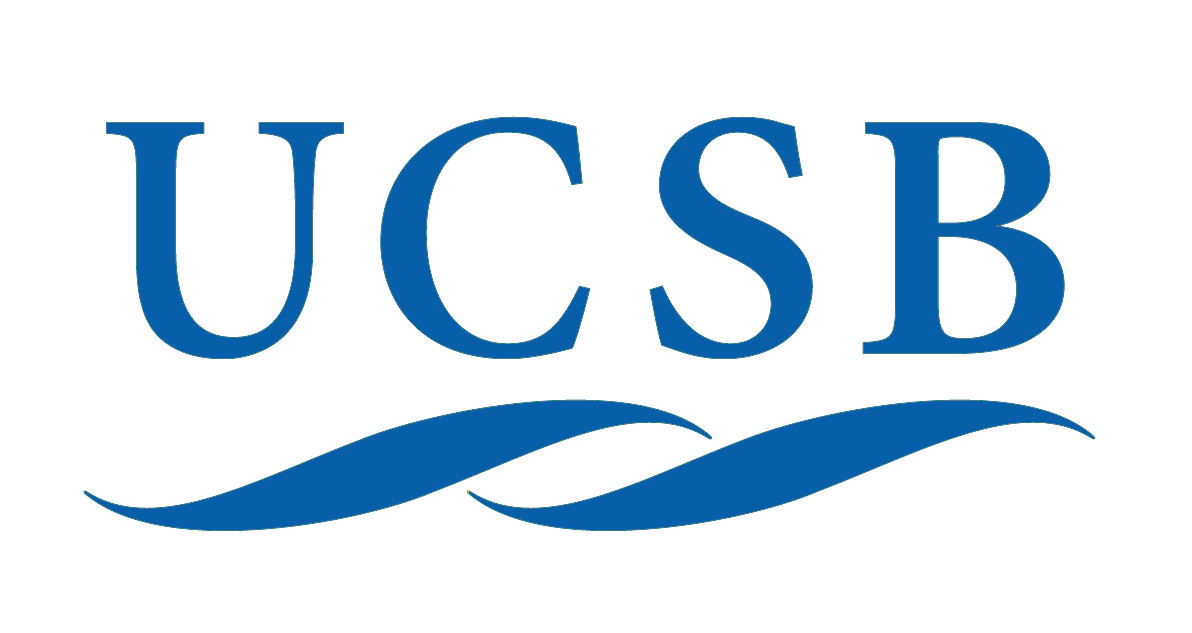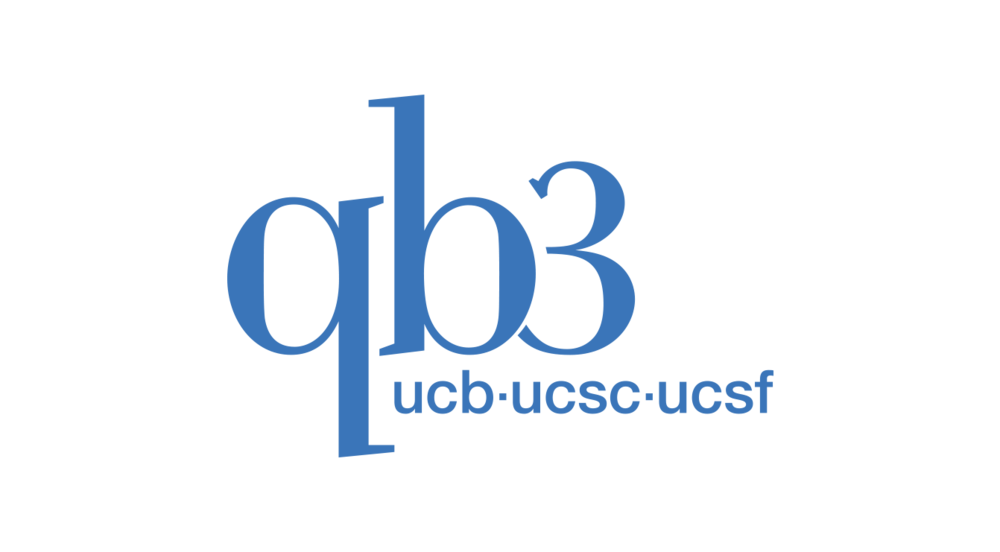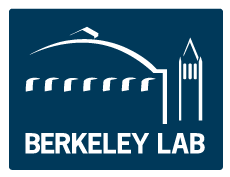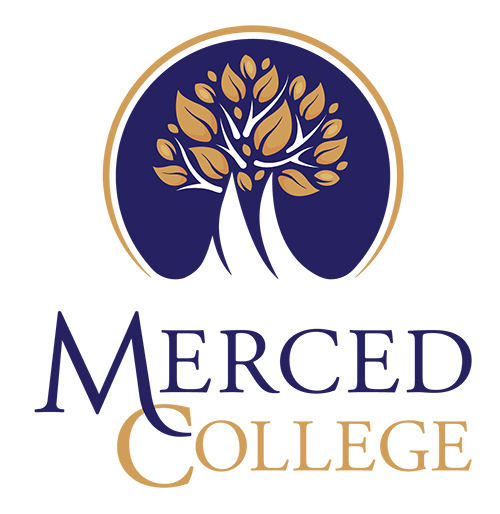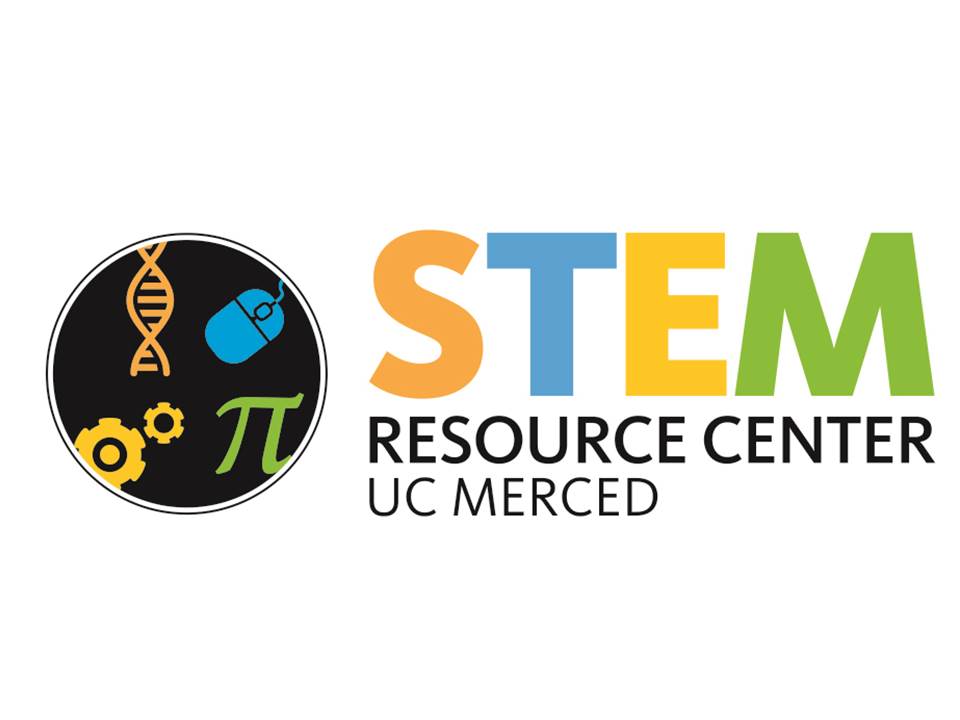Center for Cellular and Biomolecular Machines
3rd Annual CCBM Open House
Friday, September 27, 2019
UC Merced, 5200 North Lake Road
Open to all faculty, staff, students & local community: REGISTER
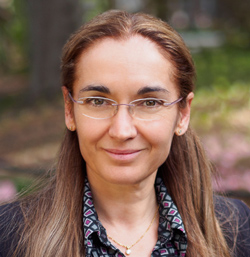
Keynote Lecture by Eva Nogales
"Freeze and Shoot! How Cryo-Electron Microscopy Can Capture Biological Molecules in Action"
12:45-1:45 pm
Room COB 2, 110
Humans are visual creatures. Much of how we perceive and interpret our world comes from how we see it through our eyes. We look at an object and its shape informs us about what the object does. When it comes to biological molecules, the same ideas apply. Seeing the double helix of DNA told us a lot about how genetic information is stored, read, and repaired. But looking at the tiny molecular components of our cells is not an easy task. Even the most powerful light microscopes cannot see a piece of DNA or a protein. Electron microscopes, on the other hand, have the resolution to visualize nanometer scale objects, but only if they do not destroy them in the process! I will tell you how fast freezing biological molecules allow scientists to study them with electron microscopes, and how powerful computational methods analyze the images generated by the electron microscope to ultimately give us three-dimensional structures of the biomolecular machines that are critical for cells and organisms. These structures provide unique insights into how biological molecules are shaped, how they move, or how they interact with each other. This information, in turn, allows us to understand how such molecules function in the cell, how mutations can alter them leading to dysfunction, or how to use therapeutics to change the molecule’s properties and fight disease.
9:00-10:30 am Campus tours, lab tours, demonstrations, & Project 2020 (Meet at SE 1 entrance/quad (9:00, 9:30, 10:00 am)
10:30-11:30 am Prof. Nogales: "Cryo-EM in the Study of Large Transcription Complexes" -- CCBM / Bioengineering Seminar, Room COB 2, 110
12:45-1:45 pm Prof. Nogales: "Freeze and Shoot! How Cryo-Electron Microscopy Can Capture Biological Molecules in Action" -- Keynote Lecture, Room COB 2, 110
1:45-3:00 pm Poster Session & STEM / Art Expo, Room KL 355
3:15-5:15 pm Center Research, Education, Outreach & Evaluation, Room SSM 104
STEM / Art Expo
All UC Merced affiliates invited to participate.
Send title and description of submission (100 words or less) to ckouadio@ucmerced.edu by September 26, 12:00 pm. All media accepted. Original work only (no images already used in publications).
Prizes: 1st Place - $75, 2nd Place - $50, 3rd Place - $25
Free Admission. Guest parking in Bellevue Lot -- taps.ucmerced.edu
Contact: Carrie Kouadio, CCBM Executive Director, ckouadio@ucmerced.edu or (209) 228-3608
CCBM Executive Committee:
Dr. Victor Muñoz, Co-director & Professor of Bioengineering
Dr. Ajay Gopinathan, Co-director & Professor of Physics
Dr. Sayantani Ghosh, Associate Professor of Physics
Dr. Kara McCloskey, Associate Professor of Bioengineering
CCBM Administrative Staff:
Carrie Kouadio, CCBM Executive Director
Nora Cole, CCBM Programs Manager
Campus map
SE 1: Science and Engineering 1
SE 2: Science and Engineering 2
COB 2: Classroom and Office Building 2
KL: Kolligian Library
SSM: Social Sciences and Management
The NSF-CREST Center for Cellular and Biomolecular Machines uses an interdisciplinary approach combining physical, biological and engineering methods to understand and control the functioning of multi-scale assemblies of biomolecules and cells, and to design and develop novel bio-inspired functioning machines ranging from designer cells and tissue to diagnostic and therapeutic devices. The center is also focused on enhancing biophysics, biochemistry, and bioengineering graduate and undergraduate education, as well as leading K-12 STEM outreach activities in the Merced area for teachers and students.

